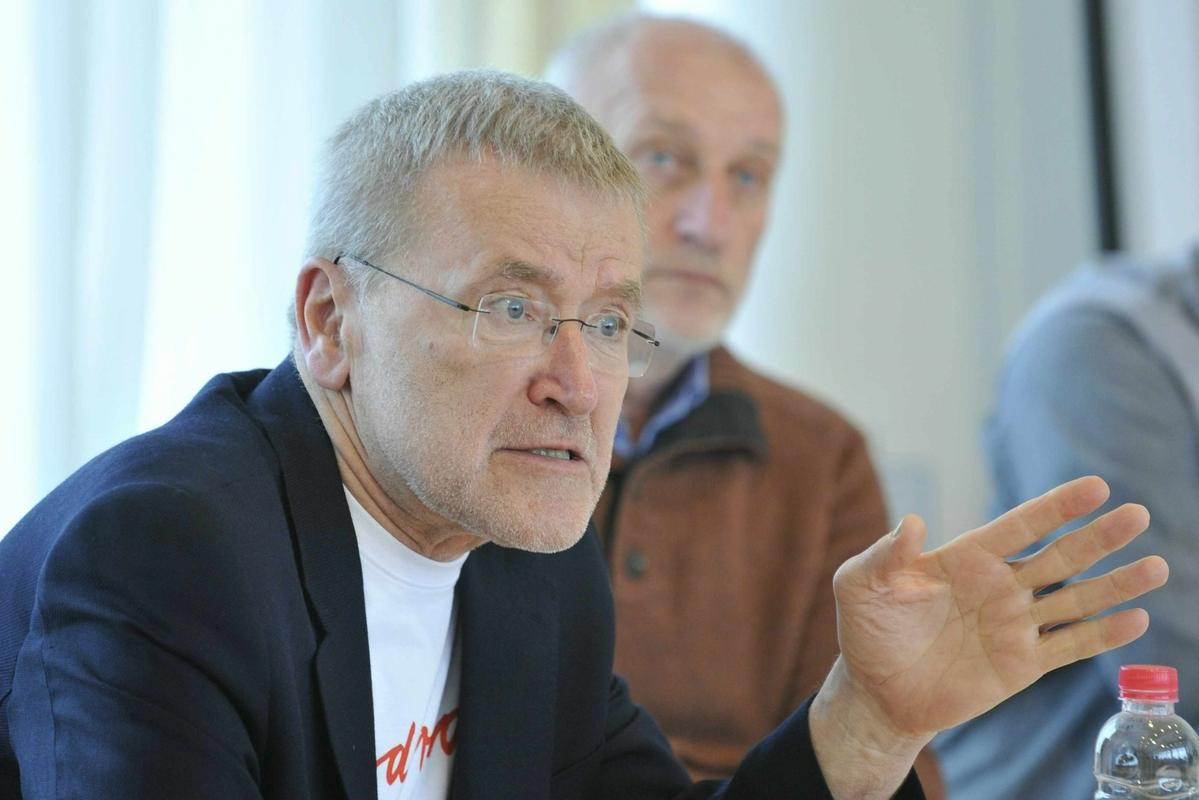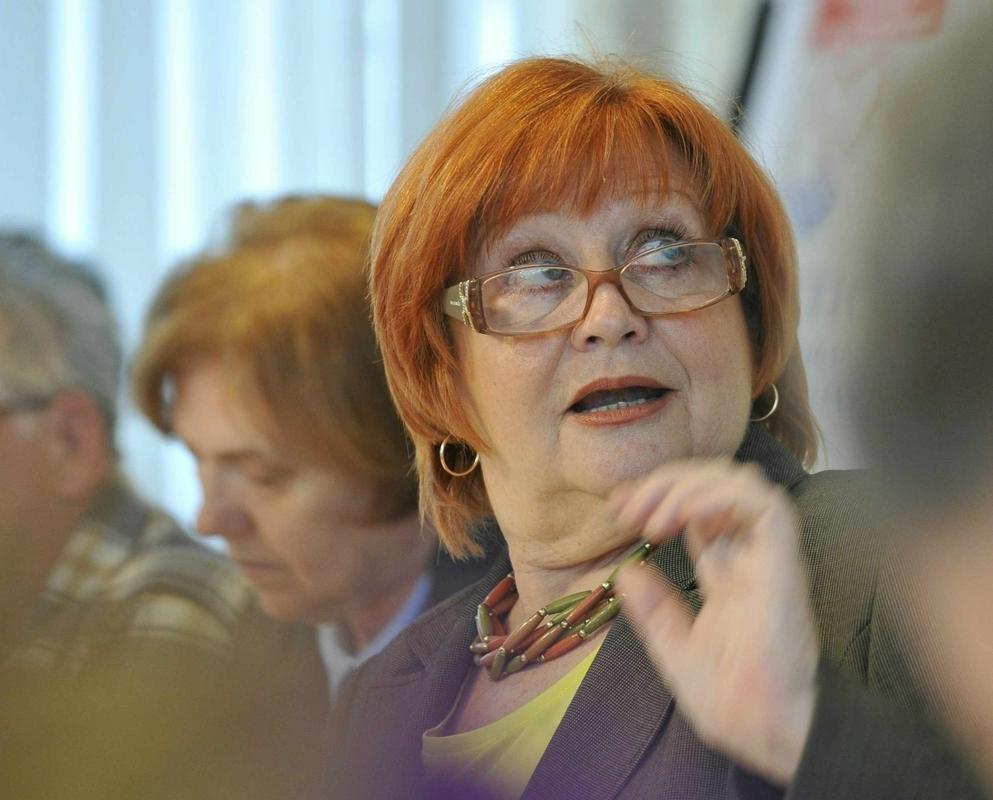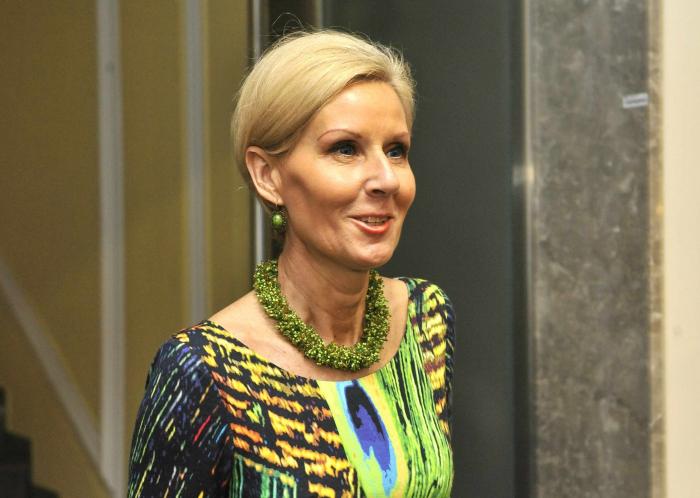
We are aware of the weaknesses of the public healthcare systems, but we don't know of a better model.


The coalition for the Preservation of Public Healthcare System started collecting citizens' signatures against privatisation of the system. Speculations about the resignation of Minister of Health are still circulating.
"The state should provide for a solidary, accessible, quality and successful public healthcare system, where the money would be spent on improvement and advancement of health, and not on making profiteers richer," said Nevenka Lekše from ZaNas, the Association for Civil Oversight of Healthcare. The association is one of more than 12 associations, unions and newly-formed political parties united within a coalition which is collecting signatures in support of public healthcare system.
The Slovenians are already paying by themselves for 30% of their health
Dušan Plut from TRS, the Movement for Sustainable development of Slovenia, warned that the crisis demands the increase of the public funds for public services, as Slovenia has already joined those European countries in which the largest part of the funds for healthcare come from the citizens' pockets.
Dušan Keber from the Solidarity party pointed out the dramatic increase of the private funds the citizens dedicate to healthcare, and added that today even 30% of the healthcare services are already paid by the citizens from their own pockets. The share of financing the public health care should be pushed back to 100, believes Keber. "We are aware of the weaknesses of the public healthcare system, but we don't know of a better model. There is no country in the world in which the introduction of private healthcare system has improved brought quality, or a faster response in services," is convinced the former Minister of Health.
Petition intended for members of parliament influenced by lobbies
The initiators for collecting the signatures intend to give the petition to the members of parliament. It should show them what kind of healthcare system the citizens wish. "We demand a healthcare reform which would enforce not private, but public interests," said Lučka Böhm, ZSSS executive secretary, and added that the rich lobbies suggest to the government and the members of parliament a healthcare reform which would bring liberalisation of healthcare services. "We intend to oppose to the market forces," she announced.
They are joined by Branimir Štrukelj from the Confederation of Public Service Trade Unions of Slovenia, Anton Donko from the Slovenian Federation of Pensioners' Organizations, Violeta Tomič from the Democratic Labour Party, and Luka Mesec from the Iniciative for Democratic Socialism. The last mentioned also demands a complete separation of private and public systems, and gradual abolishment of private sector.
The Swedish doctors at a disadvantage
Based on the Australian and Swedish liberalisation of the healthcare systems he claims that the introduction of private practitioners brought longer waiting lines, while the Swedish doctors spend twice less time with the patients compared to other European doctors. Instead of dealing with patients they play 'sudoku' – enter data into computer, as privatisation demands additional control, and consequently bureaucratisation, claims Mesec.
We are aware of the weaknesses of the public healthcare systems, but we don't know of a better model.

































































